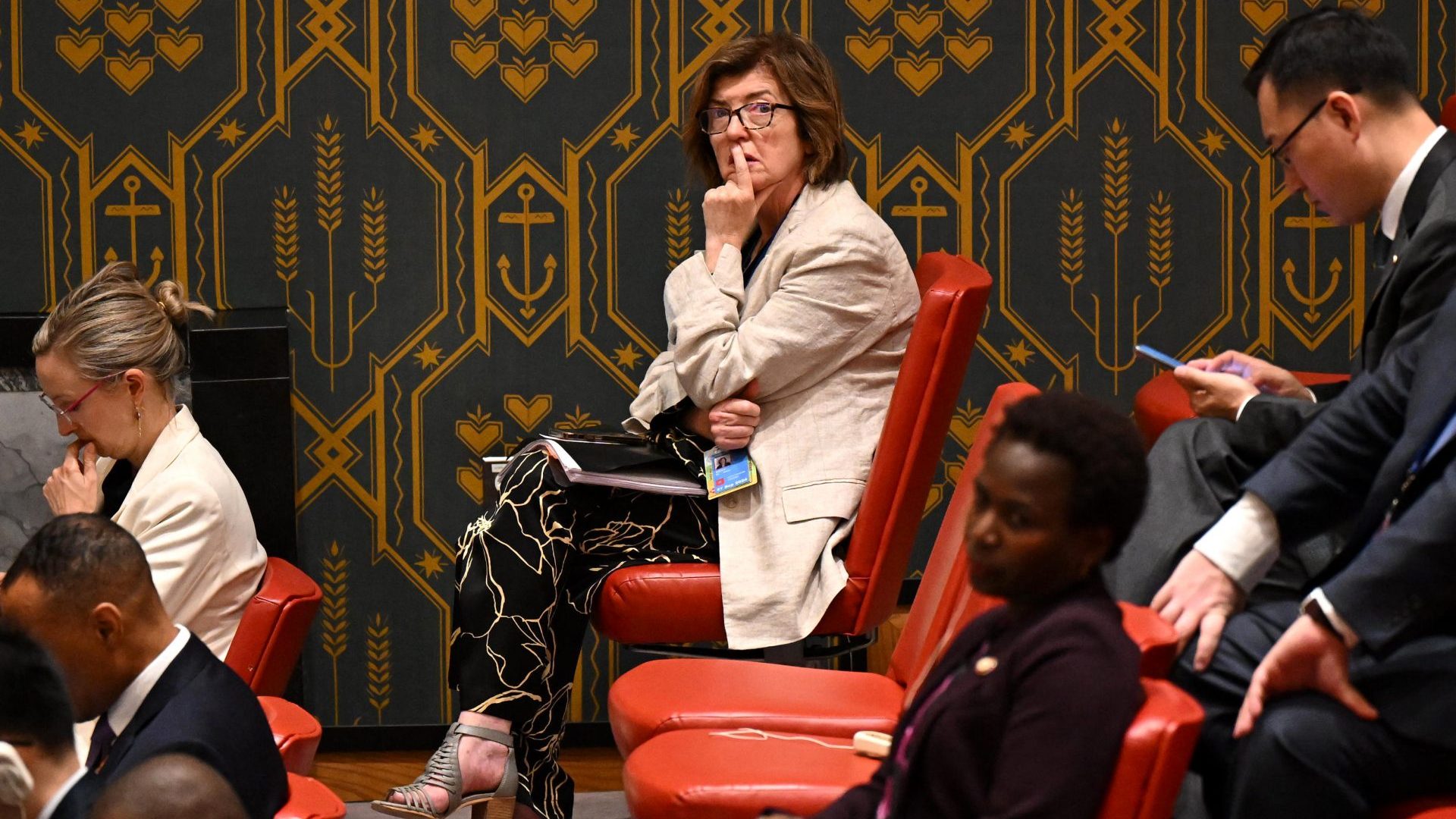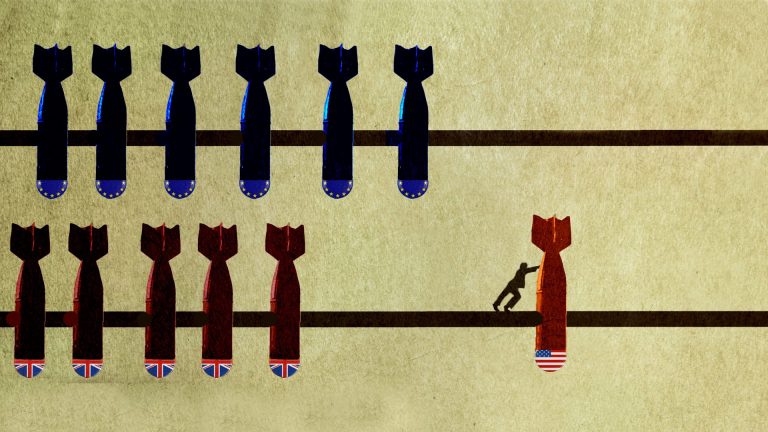To lose one senior No. 10 official looks like misfortune. To lose two looks like carelessness.
Sue Gray has departed as No. 10 chief of staff after just three months in post, and just days after cabinet secretary Simon Case – her long-running adversary – announced he would be gone by the end of the year, on health grounds.
Keir Starmer will be hoping that the moves signal the end of rolling media drama inside Downing Street, which has constantly made it into the headlines among briefing and counter-briefing wars between different factions.
Gray and Case had a long-running enmity dating back to her civil service days, but Gray and Labour campaign chief Morgan McSweeney – who now takes the chief of staff job – had also clashed in the headlines.
Gray had something of a target on her back too as a result of being blamed for holding down the pay of other special advisors, while allowing herself to be paid more than the prime minister. Given Gray was also a favoured villain of Boris Johnson supporters, who wrongly blame her (bland) report for Johnson’s downfall, her days seemed numbered.
For Sue Gray, this has to represent something of a humiliation: the whole sales pitch of Gray joining Team Starmer was that she was the person who knew how government worked, understood the civil service, and who would come into her own when Labour made the shift from opposition to government.
Her role was focused on making the transfer to government seamless, and implementing a plan to give Labour the strongest possible first 100 days. It is safe to say that a departure before the 100th day cannot be spun into a triumph, especially when her new role as Starmer’s “envoy for nations and regions” smacks of busywork.
The departure leaves the infrastructure around Starmer in No. 10 looking decidedly shaky, too. Starmer had not yet managed to appoint a principal private secretary – a crucial civil service role managing the prime minister’s office – and his cabinet secretary and national security advisor are both departing.
Losing his chief of staff, who has extensive civil service experience, leaves his office threadbare and disconnected from government as a whole.
His new appointments have already raised eyebrows, too: insiders had assumed that if Sue Gray was nudged out it would be as part of an operation to Make No. 10 Boring Again – a bid to end the internal drama and briefing wars and trying to focus on delivery.
Instead, it is a very obvious win for the ‘political wing’ of Starmer’s office, as led by Morgan McSweeney, with whom Gray had very obviously clashed – leading to another set of parallel media briefing wars.
It is a distinctly unusual move for a campaign chief to be moved into the chief of staff role, which is generally responsible for the actual work of government and delivery of policy.
McSweeney moves into that role with several of the key jobs around it vacant, and so has no existing machinery to plug into. That is doing politics on hard mode, with something of a target – albeit not as large as one as Gray’s – already on his back. Some insiders already suggest that the promotion may be one McSweeney soon comes to regret.
Keir Starmer’s No. 10 has resembled nothing so much as a middling season of Game of Thrones in its earliest days, and this makes claims that Starmer has acted swiftly to address shortcomings look premature – is this an end to it, or is it just an escalation of the ongoing drama?
Few voters will notice or directly care about staffing dramas inside No. 10, but it matters hugely through indirect channels: the lack of political grip in the operation allowed winter fuel allowance to dominate the summer headlines, while the lack of grip on gifts and hospitality opened up a vulnerability that will now run through Starmer’s premiership.
No. 10 has a chance to acknowledge – perhaps even openly and publicly – that it didn’t get off to the start it might have wanted. Perhaps Gray’s departure is a chance to fix that, but if so it is only a beginning. Unless Starmer gets the senior civil service roles around him filled, and gets his office to talk to each other more than they talk about each other to the lobby, things won’t get any better.
McSweeney is now the man in the hot seat to deliver that – and he’s just been shown how ruthless his boss can be, when he thinks it’s necessary. Uneasy lies the head, and all that…










